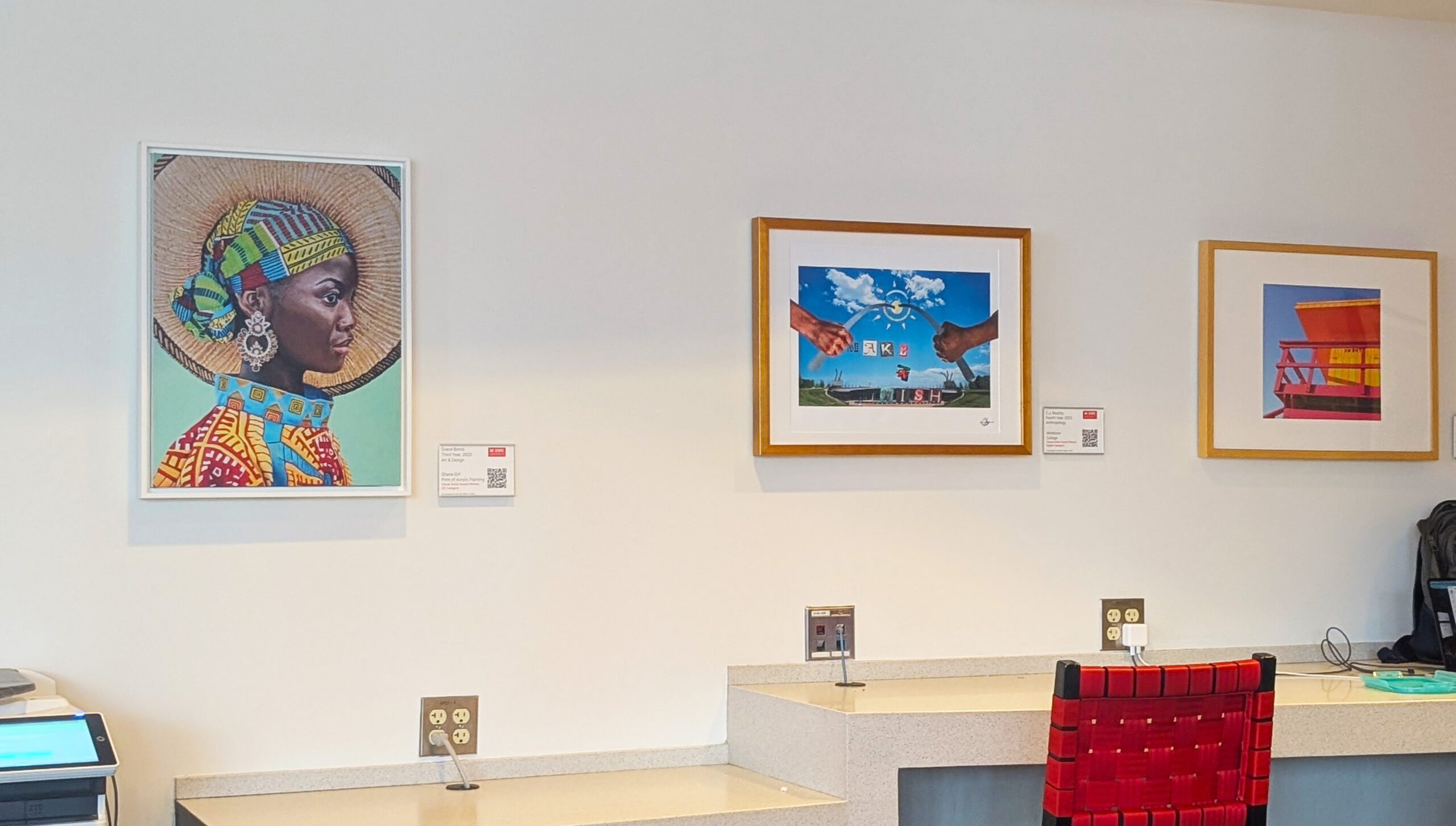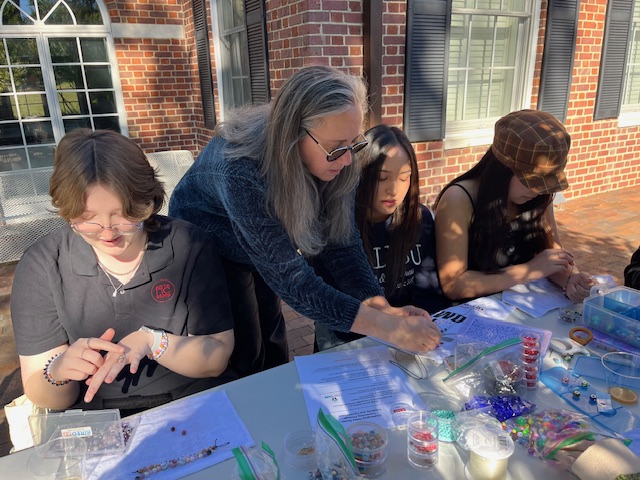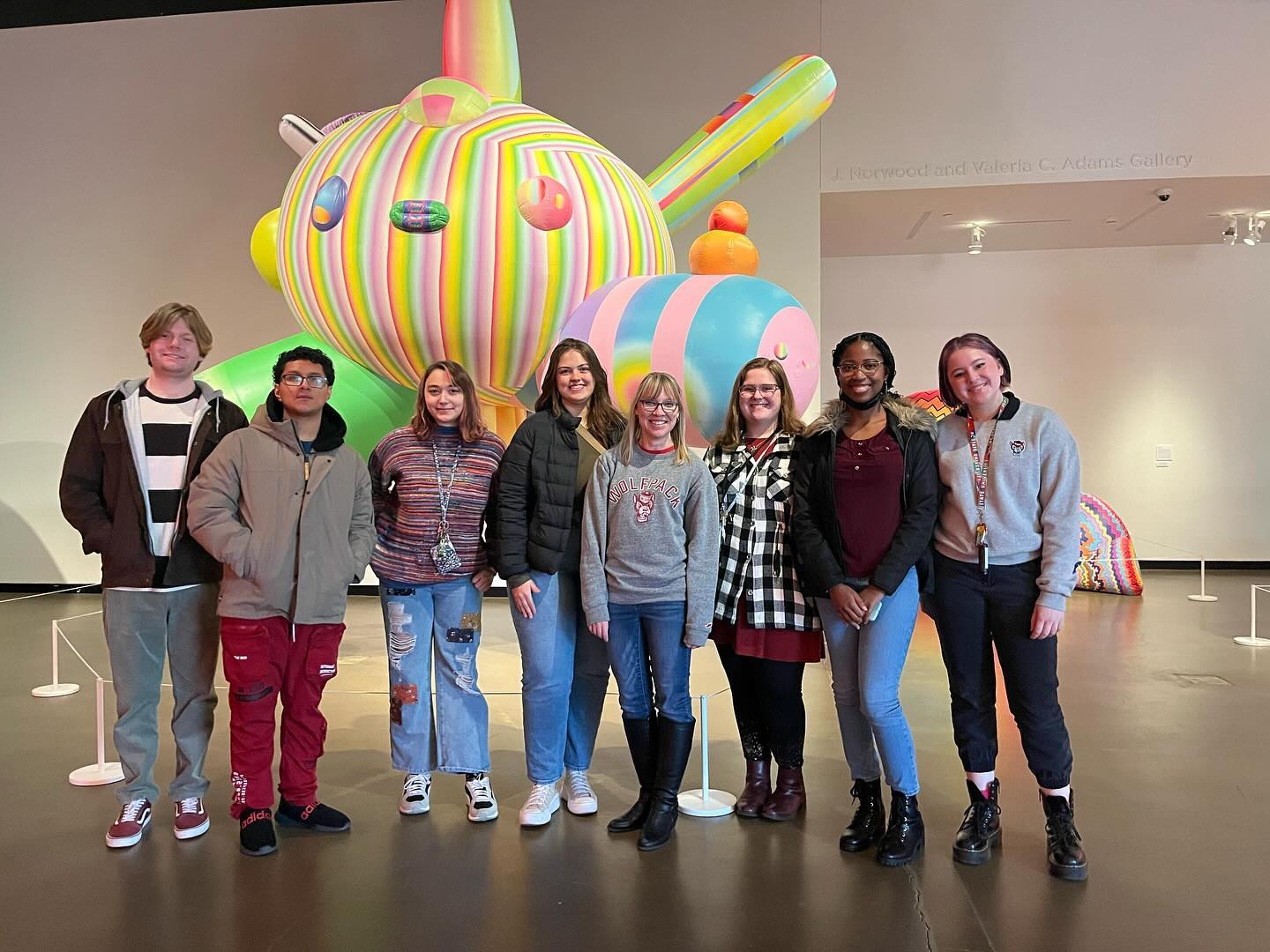DASA Spotlight: NC State Music Department
By Kim Paris

Ninety years ago, the NC State Music Department was an office of one. Walter Price came to NC State as an instructor in the College of Textiles, but an affinity for music led him to work with the ROTC band, and eventually, to form a concert band, orchestra, and glee club.
Today, the Music Department has evolved to include 90 courses evenly divided between performance and lecture-based offerings. Most will be familiar with the marching band and the well-received a cappella groups Ladies in Red and Grains of Time, as well as the pep band and jazz ensembles, but many may be surprised to learn that the common interpretation of these activities as being considered extracurricular, is incorrect.
As Dr. Koch, Interim Director of the Music Department explains, “People may not know that our courses are not clubs. Some people are not aware that students receive academic credit for every course they take in the Music Department,” including the marching band and performance ensembles.
Koch stresses that while instructors take care to teach their classes as academic courses, and while the primary purpose may be to present a concert at the end of the semester, “It’s about so much more than just learning the music to be presented; it’s about learning what music is really about.”
Students may turn to music as an escape from the stress of their major-related coursework, or they may be returning to a passion that was left behind in high school.
The Music Department serves as a creative resource and outlet for both students who have spent their lives immersed in music, and for those who have never previously considered themselves to be creative or musical individuals.
The Music Department is also a cultural resource for the greater university and the community. Last year, students presented over 30 concerts to a total audience of approximately 5,000 people. Says Koch, “The students are the true ambassadors for the department. They demonstrate who we are, through their music.” Uniquely, the department is one of few in the university music realm to augment the student orchestra with community players. Doing so allows students to experience playing in unexpected places, such as art museums and high schools.
When asked the most valuable thing that working with students has taught him, Koch says, “During my years teaching, I’ve found that every student has a kind of artistic and creative spirit. They might not know it when they sign up for class, but once you open that up for them and allow them to experience that spirit of creativity, it really can change their world. The thrilling thing for us, as instructors, is that we generate that spark in them. I’ve run into many former students who are still involved in music. It opens up a world for them. That’s the most valuable thing for me.”
- Categories:


